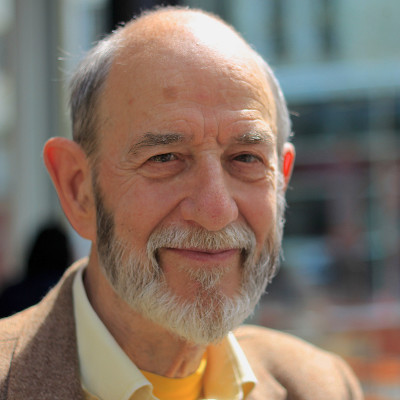Possession of Knowledge Mandates an Ethical Responsibility

Rod Burstall dropped by the LFCS lab lunch yesterday. Lab lunch is an informal gathering of LFCS members which takes place every Tuesday. On rota a LFCS member gives a (supposedly lightweight) talk which is usually followed by a round of questions. Yesterday, after the questions, Rod stood up to remind us that we, as researchers, carry an ethical responsibility for how our research impact the surrounding society.
In light of recent events, Rod told us that he thinks democracy is at risk. More specifically, it has been put at risk using technologies which we, scientists, have indirectly contributed to through our research. For example, government agencies eavesdropping and data mining their own citizens, and the wide spread of falsehoods on the internet. With the latter he made a connection to the British EU referendum and the US election, where he mentioned that a US billionaire, who allegedly directed his data analytics company to support the Leave campaign during the British EU referendum by providing them with psychometric profiles of voters, supposedly to identify voters' emotional triggers. Though Rod did not put a name to this billionaire, I believe he was alluding to Robert Mercer, who helped bankroll Donald Trump's campaign for the US presidency. I interpreted what he said as the technological advances we have made are being used to undermine democracy and undo 50-60 years of social progression. Thus we need to consider our impact on society.
A few years ago in Denmark a similar discussion was sparked when it was revealed that a Danish subsidiary of a British defense contractor sold internet surveillance equipment to the United Arab Emirates1 supposedly to quell the rathe Arab Spring. Alarmingly, my home institution, Aalborg University, lists this company as one of its collaborators. Furthermore, the company recruits computer science graduates from Aalborg University — several of my fellow graduates are today employed by this company. I do not hold any answers to how we prevent our knowledge from being put to unsavoury use.
Rod's plea was not to stop doing research, but rather to consider our own role and ethical responsibility mandated by our research.
The activist media The Intercept wrote an article in English which covers part of the case.↩